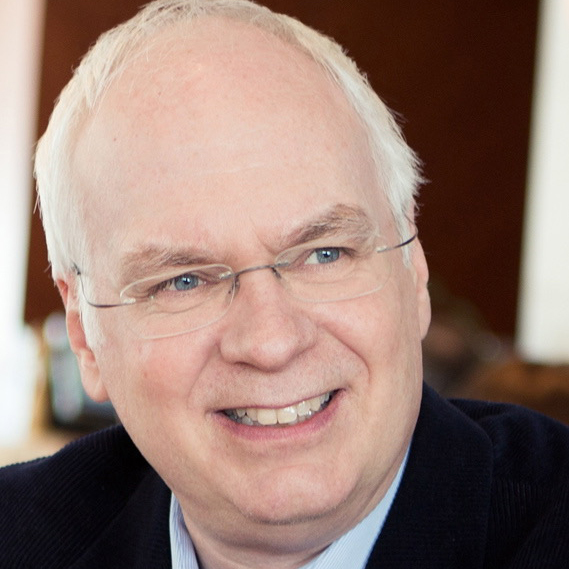🇬🇧 Unravelling the mechanisms of radiotherapy response and development of biomarkers for radiotherapy treatment stratification
- Lecture Series Cancer Research
Speaker

Tavassoli
Team Leader and Head of Molecular Oncology Department, King’s College London
Abstract
Radiation therapy remains an important component of cancer treatment with approximately 50% of all cancer patients receiving radiation therapy during their course of therapy; it contributes towards 40% of curative treatment for cancer. In general, about 50% of patients are resistant to RT and so far, it has been unclear which tumours will develop resistance to RT, excluding the functional adaptation of the treatment to the individual patient’s risk. Radioresistance may be intrinsic, or acquired, and may be direct (tumour-cell autonomous) or indirect, mediated by RT-mediated changes to the tumour microenvironment (TME) such as cellular and/or extracellular matrix (ECM) changes to the stroma and tumour hypoxia. Decades have been spent to improve the radiotherapy outcome without much success. Personalised RT can improve treatment outcomes. My lab is studying the mechanisms of radiotherapy response/resistance in head and neck cancer for which RT is the main treatment modality. Our research aims to identify radiotherapy genetic signature and we have established relevant 3D tumour models comprising the component of TME to identify the causes of differential patients’ response to RT. The findings will enable the future treatment stratification of patients and will identify new therapeutic targets and strategies that can mitigate the side effects of RT while maintaining or improving treatment efficacy.
Host
Department of Cancer Research – LIH
University of Luxembourg

*Please note that registration is mandatory by sending an email to siu-thinh.ho@lih.lu
LOCATION
CHL – Centre
Room Amphitheatre
4, rue Nicolas Ernest Barblé
L-1210 Luxembourg (Belair)
LECTURE: 11:00am – 12:00pm
MEET & EAT*
12:30pm – 13:30pm
DoCR
Room McClintock (2nd floor)
6A, rue Nicolas-Ernest Barblé
L-1210 Luxembourg
Light lunch provided
Supported by:

DATA PRIVACY
Read more about the “Data Protection Notice: processing of personal data in the scope of events’ management”.


